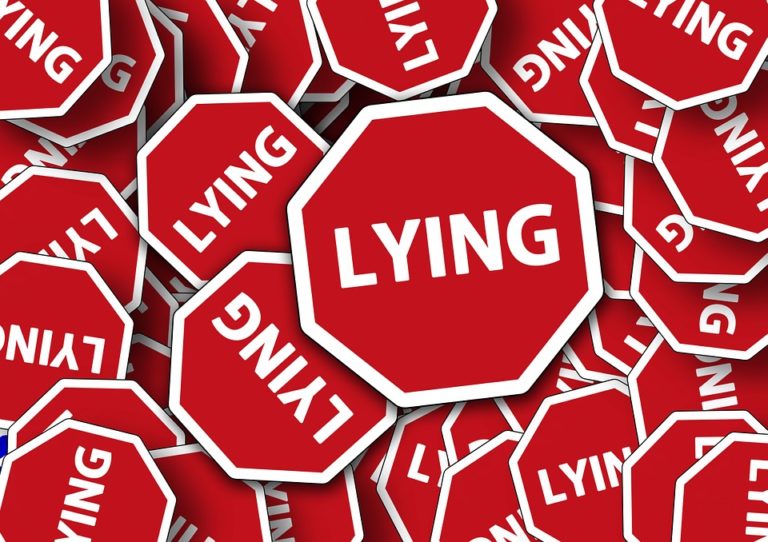How Double Jeopardy Works in New York and Federal Criminal Cases
The Fifth Amendment protects your right to be tried once, and only once, for any crime. Regardless of whether you’re convicted or acquitted, the government only gets one shot to prosecute you.
However, there have always been exceptions to this rule. Here’s what you need to know.
The Mistrial Exception
A judge may declare a mistrial when a jury cannot reach a verdict, when juror misconduct exists, under extraordinary circumstances, or when jurors mislead the defense or the prosecution during voir dire. A judge may also declare a mistrial when they determine prosecutors are engaging in misconduct or when either side makes prejudicial statements.
After a mistrial, the prosecutor will generally seek a new trial. A mistrial is not an acquittal. It’s a procedural remedy. It allows a trial to proceed anew with proper jury selection and proper behavior so that the trial is above-board and as fair as the law can make it.
The Civil Trial Exception
You’re probably familiar with the famous O.J. Simpson case. Simpson was arrested for the double murder of Nicole Brown Simpson and Ronald Goldman.
A jury acquitted Simpson of all criminal charges on October 3, 1995. In 1997, a civil court found Simpson liable for wrongful death in the double murder. Courts ordered him to pay $33.5 million in damages to the Brown and Goldman families.
Many sex abuse victims find they get better results in civil trials than they do in criminal trials.
In part, this is because the standard of proof is different. A criminal charge must be proven “beyond a reasonable doubt.” A person can be held liable for damages based on a “preponderance of the evidence,” that is, the events in question were more likely to have happened than not.
Double jeopardy protects you against state harassment. It does not prevent a private citizen or organization from seeking damages in response to the same events that prompted the criminal trial.
Dual Sovereignty
In the 2019 Supreme Court case Gamble v. United States, defendant Gamble challenged a federal indictment because he’d already pled guilty to firearms charges under Alabama statutes.
The Eleventh Circuit and the Supreme Court affirmed the denial of his motion, invoking the dual-sovereignty doctrine.
Under this doctrine, two offenses are “not the same offense” for double jeopardy purposes if “prosecuted by different sovereigns.”
In his opinion, Justice Alito wrote that dual sovereignty is not an “exception” to double jeopardy. Instead, he believes it “follows from the text that defines the right in the first place.”
In the dissent, Justice Gorsuch wrote: “So if all the might of one ‘sovereign’ cannot succeed against the presumptively free individual, another may insist on the chance to try again. And if both manage to succeed, so much the better; they can add one punishment on top of the other. But this “separate sovereigns exception” to the bar against double jeopardy finds no meaningful support in the text of the Constitution.”
The NYCLU felt this ruling undermined double jeopardy provisions.
Nevertheless, the dual sovereignty provision continues to exist, which means the state of New York and the federal government may try to try you for the same crime if they so choose.
Get Help Today
Since you can be prosecuted for most crimes at federal and state levels, it makes sense to work closely with a defense attorney with experience in both state and federal courts.
Lee Koch has years of experience with both types of cases.
Contact us to schedule a case review today. We’ll give your case the attention it deserves.
See also:
What Are the Grounds for Suppressing Evidence in a New York or Federal Criminal Case?





